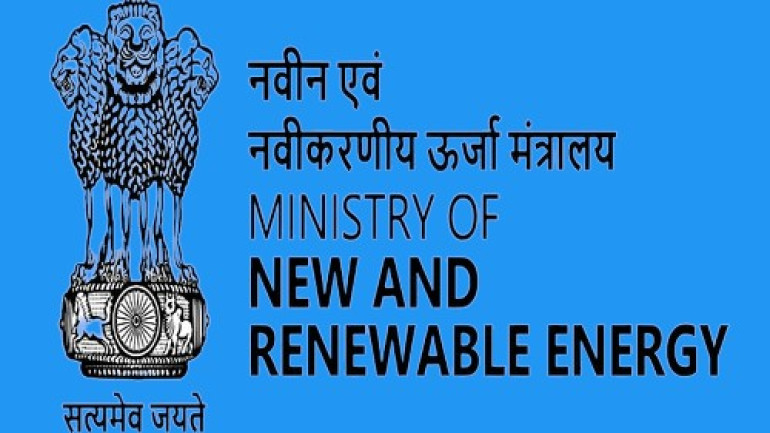
Follow India Renewable Energy News on WhatsApp for exclusive updates on clean energy news and insights
MNRE Plans Rebid for 40 GW of Stalled Renewable Projects by Integrating BESS
Sept 23, 2025
The Ministry of New and Renewable Energy (MNRE) is considering rebidding nearly 40 GW of stalled renewable energy (RE) projects, primarily vanilla solar and wind, that have remained stuck due to delays in signing power purchase agreements (PPAs). The government’s strategy is to remodel these projects by integrating battery energy storage systems (BESS), thereby making them more attractive to discoms that require dispatchable power during peak demand and non-solar hours.
The shift comes amid evolving market dynamics where daytime power exchange prices have dropped significantly, reducing the demand for vanilla solar during peak solar hours. Discoms are increasingly seeking firm and dispatchable renewable energy (FDRE) and round-the-clock (RTC) supply rather than intermittent generation. To address this, the Solar Energy Corporation of India (SECI) is reformulating its bidding guidelines, ensuring future tenders include BESS to meet actual discom requirements.
Industry sources highlight that about 46 GW of RE capacity is currently idle without PPAs, largely a consequence of the government’s annual 50 GW tendering mandate during FY24–FY28 and discoms’ shifting preferences. Of this, around 16 GW (35%) are plain vanilla solar projects. NTPC and NHPC together account for 28 GW of unsigned PPAs, followed by SECI and SJVN with around 9 GW each.
To ease developer concerns, MNRE is also weighing a policy to allow developers to surrender long-stalled projects without losing their bank guarantees. This could provide critical relief, as under existing rules, project relinquishment leads to forfeiture of guarantees. A cut-off date for such exemptions is under consideration.
This rebidding and restructuring effort underscores the government’s focus on aligning RE development with discom demand, while integrating storage solutions to ensure grid stability and round-the-clock renewable power supply.